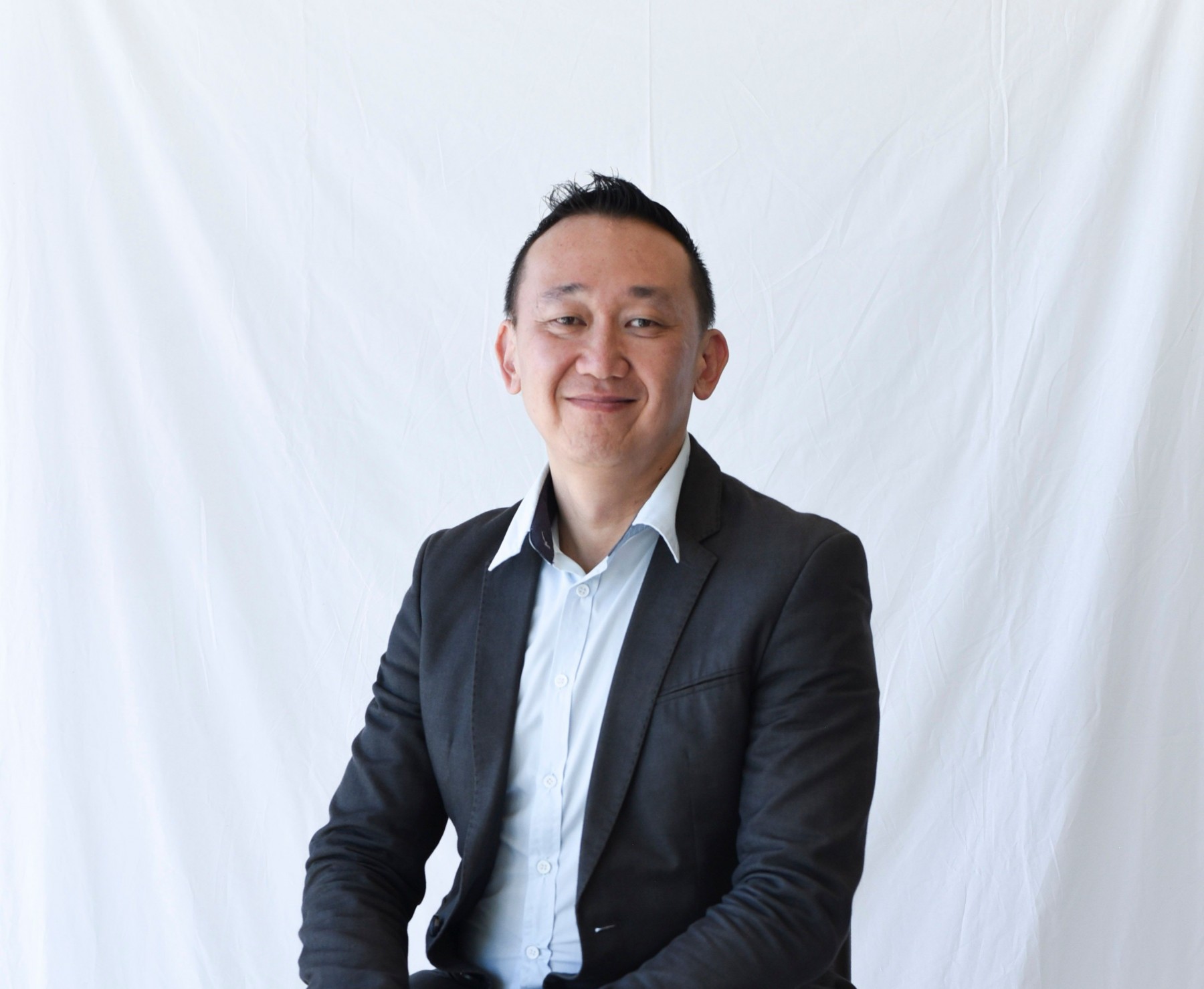When COVID-19 first arrived in Aotearoa, all sorts of new terminology arrived with it. ‘Bubbles’ and ‘social distancing’ were terms people often bandied about – but they weren’t sayings that all New Zealanders could understand.
Translating these concepts for Asian people living with mental health challenges was a key part of the work that Asian Family Services, an organisation providing counselling, and public health education for Asians living in Aotearoa, prioritised during this time.
“’You need to stick to your bubble’ is not a phrase commonly used in any language and in some minority communities, the ‘bubble’ wasn’t translated in a way that said, ‘you need to stay with your family’”, Ivan Yeo, Asian Family Services’ Deputy Director and Public Health Lead, says.
“When it comes to mental health information or any official information at all, Asian communities prefer to read it in their own spoken language.”
To help people stay informed, Ivan and his team translated official COVID-19 and mental health information into six different languages - Mandarin, Korean, Thai, Vietnamese, Japanese and Hindi. Although the information could now be read, it needed to be placed in areas where it would be seen.
“Most Asians won’t go and look for information; they won’t do a Google search. The authorities assumed that people would go and look for the information, but that’s not how Asians get their information,” Ivan says.
“So, after we translated the information alongside our counsellors, we had to disseminate it into the appropriate channels.”
These channels included the WeChat account used by Asian Family Services’ Chinese and Korean counsellors, articles placed in a Korean newspaper, and posts placed on Facebook and Instagram.
Another concern for Ivan and the Asian Family Services team was fear-driven content and misinformation. Many Asian people in Aotearoa are tied to media from their homeland, and the messaging around what they should or shouldn’t be doing to keep their families safe from COVID-19 varied widely.
“There was a lot of fake news on social media – people enjoy spreading rumours or hyping things up that aren’t true,” Ivan says.
The anxiety that many Asian communities felt flowed through to Asian Family Services’ free public helpline service, which meant they were able to give people the right information directly.
“We did have increased referrals to the helpline. Individuals are more willing to call us [as opposed to other services] and talk about their mental health issues, and from there we can encourage them to get counselling,” Ivan says.
Ivan says the Whai Ora, Whiti Ora Fund grant Asian Family Services received to keep Asian communities supported, connected and informed through COVID-19 really helped to convey the information people needed in a way they could access and understand.
He says one of their most memorable moments was seeing Asian people living with mental health challenges – or tāngata whaiora – tagging their friends and family underneath the Facebook posts run on different community pages.
“We were really grateful that we could help them,” Ivan says.
Read some of Asian Family Services’ COVID-19 resources here.

